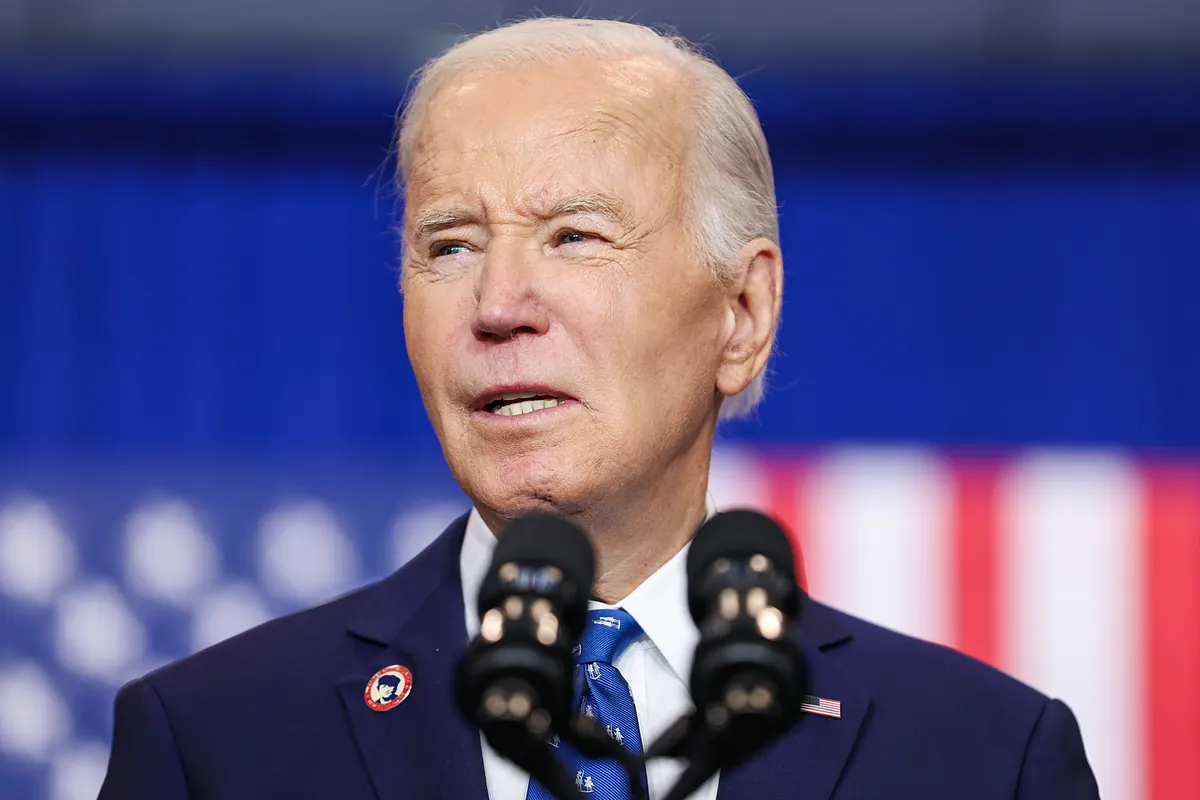Baystate Health CEO Issues Sincere Apology to Staff Over Plagiarism Claims

Peter Banko, the CEO of Baystate Health, has issued a comprehensive apology to the organization's 13,000 employees following reports of plagiarism within his internal blog. The apology, released late Friday evening, comes after The Boston Globe published an article detailing over 20 posts containing passages strikingly similar to those found in other publications.
The controversy surrounding Banko's blog posts has sparked significant concern and disappointment within Baystate Health. The Globe's investigation revealed instances where entire paragraphs and phrases were lifted from various sources without proper attribution. This has raised questions about the CEO's integrity and the standards of conduct expected within the healthcare system.
Banko's apology acknowledged the seriousness of the situation and expressed deep regret for his actions. He stated that he takes full responsibility for the errors and understands the impact this has had on the employees, patients, and the reputation of Baystate Health. The CEO admitted to a lapse in judgment and pledged to learn from this experience.
A Detailed Look at the Apology
The lengthy apology outlined Banko's understanding of plagiarism and its ethical implications. He explained that his intention was never to deceive or mislead, but acknowledged that the lack of proper citation was unacceptable. He emphasized his commitment to upholding the highest standards of ethical conduct and transparency within Baystate Health.
“I deeply regret the concern and disappointment this has caused,” Banko wrote. “I value the trust you place in me and in Baystate Health, and I am committed to regaining that trust through my actions moving forward.”
Internal Review and Future Steps
Baystate Health has confirmed that an internal review is underway to assess the full extent of the plagiarism and to determine appropriate next steps. The review will focus on examining all content published on the CEO's blog and ensuring compliance with ethical guidelines and copyright laws. The organization is also reviewing its policies regarding content creation and intellectual property.
The situation has understandably prompted calls for greater accountability within the leadership of Baystate Health. While Banko’s apology is a first step, stakeholders are closely watching to see what specific measures will be implemented to prevent similar incidents in the future. The focus now is on restoring confidence and reaffirming Baystate Health’s commitment to ethical and responsible leadership.
This incident serves as a stark reminder of the importance of ethical conduct and proper attribution, especially for leaders in positions of public trust. The healthcare industry, in particular, demands the highest standards of integrity, and this situation highlights the potential consequences of failing to meet those expectations.
The Boston Globe’s reporting has brought this matter to light, and the ongoing scrutiny is likely to continue as Baystate Health navigates the aftermath of this controversy. The coming weeks and months will be crucial in determining the long-term impact on the organization and its reputation.





